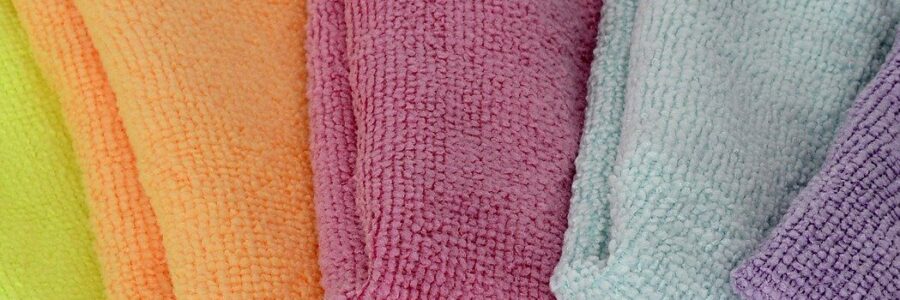Chemicals in home cleaning products can affect your health, especially your skin!
Many chemicals in cleaners can make skin sting, itch, and cause a red rash called contact dermatitis. Sometimes these chemicals can also trigger flareups of TSW, eczema, rosacea, or psoriasis. In a survey done by the National Rosacea Society, ammonia topped the list of cleaning agents that triggered a flare-up.
And if that’s not concerning enough, cleaning chemicals can also strip your skin of its natural protective layers and the beneficial oils and sebum, which can dry skin out and accelerate the appearance of aging.
Cleaning Cupboard or Laboratory?
There are so many potentially toxic or irritating ingredients in today’s home cleaning products, it’s almost impossible to list them all. Some you might be able to pick out, such as: artificial fragrances, dyes, chlorine, ammonia, petroleum products, sulfates, lye, hydrochloric and other acids. The trouble is, most of us aren’t chemists and can’t readily identify what chemicals may be harmful and which aren’t. And during the Covid pandemic, deep cleaning is not an option for many businesses, services and homes
Thankfully, the Environmental Working Group has taken on the task. You may have already used their guide to safe cosmetics, but did you know they also have a database of cleaning products and their safety? It can help you assess your current products and choose ones that are safer.
Protecting Your Whole Health
Thankfully, your skin is like the canary in a coal mine when it comes to irritating or harmful cleaning products – it’s the damage that you CAN see and thus, do something about. But if your skin is reacting, don’t forget to think about how these chemicals may be impacting the lining of your lungs or your cell tissue. Most toxins or allergens in cleaning compounds can be absorbed into your bloodstream either by your skin or through your lungs. Here are a few things you can do to clean more safely:
- Read the labels. You’ll often get clues to how harmful a product is if you see advice like “use in a well-ventilated area” or “harmful or fatal if swallowed – call poison control.”
- Buy or make your own natural cleaning products from safe ingredients like baking soda, vinegar, castile soap, lemon juice, and essential oils. You can also hire a cleaning service that specializes in using only natural products.
More Tips for Skin-Safe Housecleaning
It’s not only what you clean with, but how you clean that can affect your skin. Take a look at how you apply your cleaning compounds.
- Canned aerosol spray cleaners can spread particles of the cleaning compound everywhere, reaching exposed skin and getting into your eyes, nose, mouth, and lungs. A safer bet is a hand-pump spray or squeeze bottle or diluting cleaner in a small bucket.
- If you have a chronic skin condition, it goes without saying that you should be wearing gloves while cleaning. However, the gloves themselves may cause an allergic reaction if you are sensitive to latex. Wearing rubber or latex gloves can also feel hot and clammy if you wear them for a long time, and this might also irritate damaged skin. Although they may be a bit more expensive, it’s worth it to invest in rubber gloves that have a cotton lining and be sure to take glove breaks from time to time.
- Let the product do more of the work and give your hands a break. Most of us just spray and scrub hard right away. You might find that if you spray a natural cleaner on a surface, you can leave it there for a few minutes. When you return, the dirt and grime will wipe away more easily and you can reduce your hands-on scrubbing and cleaning time.
Cherish Where You Live
The big takeaway is that while we all love a clean home to live in and enjoy, we can also learn how to keep it clean while supporting our health and being gentle on the skin we also live in!
Want to Learn More About Skin Health?
Click HERE to get the Amethyst Holistic Skin Solutions Newsletter. You’ll receive interesting information about skin health via articles, before/after pictures, case studies of Amethyst patients, videos, interviews and more. Feel free to share this article with someone who you think may benefit.
About the Author
Olivia Hsu Friedman, LAc, Dipl.OM, DACM, Cert. TCMDerm, is the owner of Amethyst Holistic Skin Solutions and treats Acne, Eczema, Psoriasis, and TSW. Olivia treats patients via video conferencing using only herbal medicine. Olivia is Chair of the Board of Directors of the American Society of Acupuncturists, serves on the Advisory Board of LearnSkin, and is a faculty member of the Chicago Integrative Eczema Group sponsored by the National Eczema Association.



